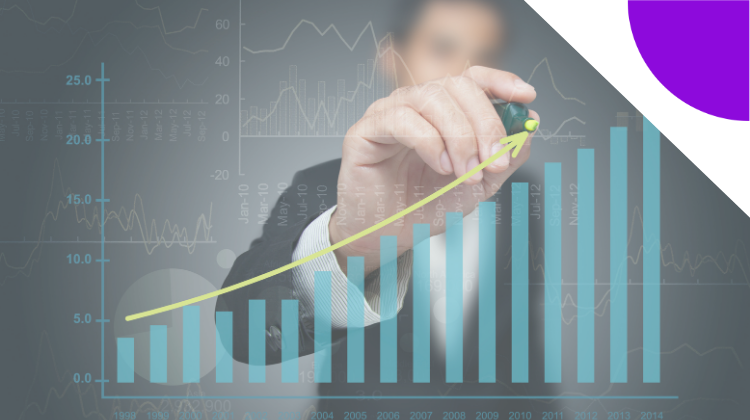Business of Fintech
‘Dave performs well in every macroeconomic environment’: Dave’s Jason Wilk on shifting up a gear in 2023
- By redirecting its strategies Dave navigated its way through the challenging fourth quarter and pulled through the bear market in comparison to Q3 2022.
- Jason Wilk, CEO of Dave talks about what were the strategy drivers to ride out the market downturn in 2022, and what's next up for the neobank in 2023.








